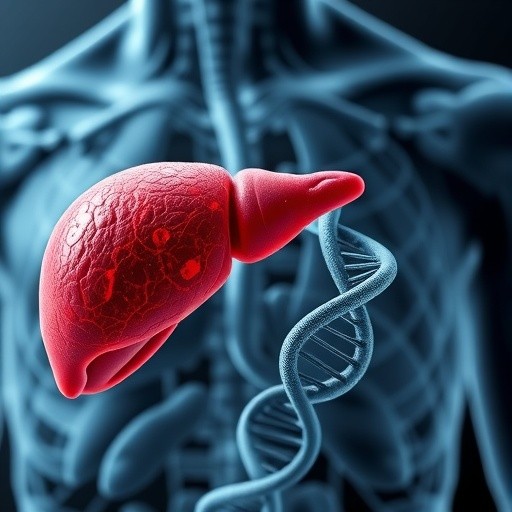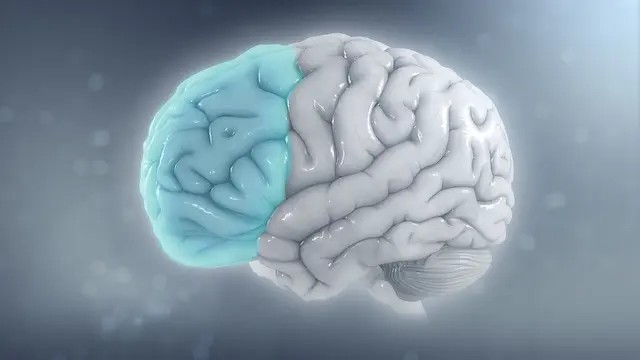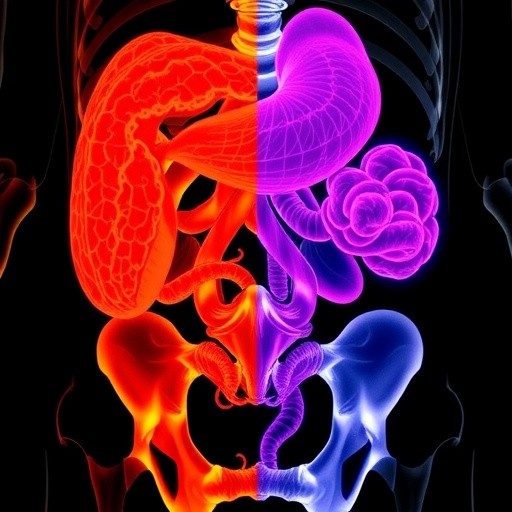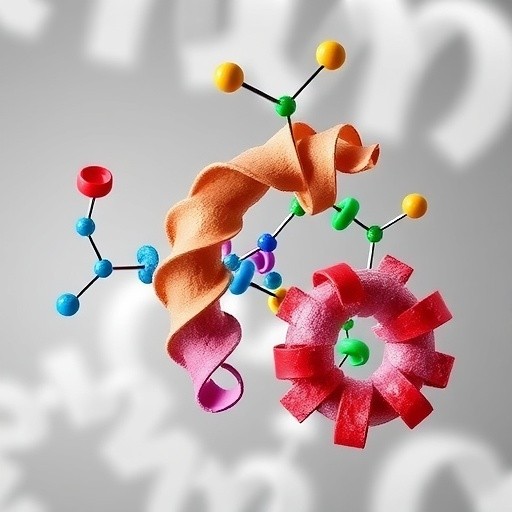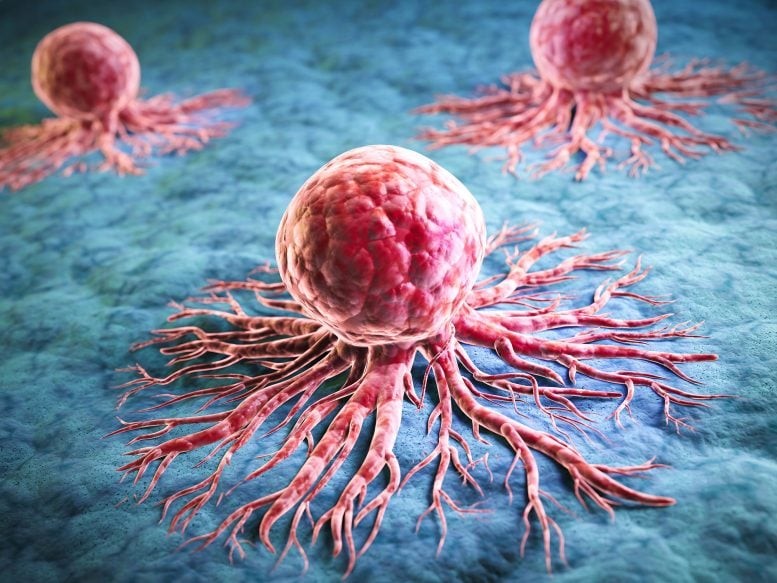Identifying Breast Cancer Targets Using Proteomic and Genomic Analysis
In a landmark study that could transform breast cancer treatment in Taiwan, a research team led by Ko-Cheng Ku has successfully combined functional proteomics with next-generation sequencing to uncover new therapeutic targets. This powerful integration provides a deeper understanding of the molecular mechanisms driving breast cancer and offers promising avenues for developing more effective, personalized treatments.
Breast cancer has become an escalating public health concern in Taiwan, with incidence rates rising sharply in recent years. To address this, the researchers analyzed both protein expression patterns and genetic alterations in tumor samples from Taiwanese patients. Using functional proteomics, they profiled proteins within tumor tissues, creating a detailed snapshot of disease activity at the molecular level. These protein markers could help predict treatment responses and guide individualized therapies, enhancing both precision and prognosis.
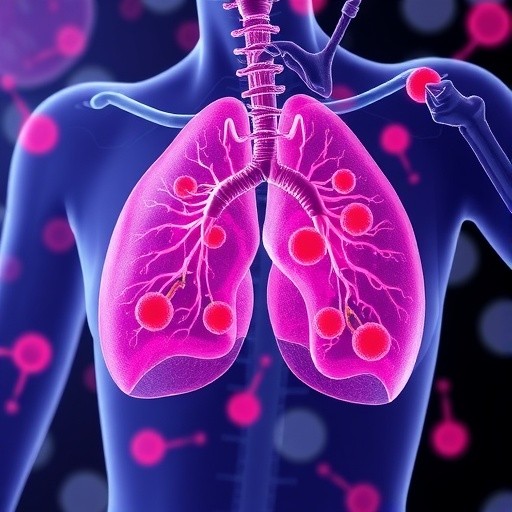
Figure 1. Breast Cancer.
By pairing this approach with next-generation sequencing, the team performed an in-depth exploration of the cancer genome, mapping mutations that contribute to tumor formation and progression. The fusion of proteomic and genomic data revealed how specific mutations affect protein function, offering a more complete view of cancer biology than either method alone. Figure 1 shows Breast Cancer.
The study’s findings hold immense therapeutic potential. By pinpointing aberrantly expressed proteins and genes unique to Taiwanese breast cancer, researchers have identified new molecular targets for drug development. Such insights could support the creation of population-specific treatments that address aggressive subtypes more common among Taiwanese women.
A major focus of the work was uncovering biomarkers linked to treatment resistance, a major challenge in breast cancer care. Many patients relapse or fail to respond to standard therapies. By revealing the protein pathways that drive resistance, the research opens possibilities for new drug combinations designed to overcome it, potentially improving patient survival.
The study also explored the tumor microenvironment, emphasizing how interactions between cancer cells and surrounding tissues influence disease progression and therapy outcomes. Understanding these relationships could lead to dual-target therapies that disrupt both tumor growth and its supportive environment.
The integration of bioinformatics played a crucial role, enabling the analysis of vast datasets from proteomic and genomic experiments [1]. These computational insights helped identify key molecular drivers of breast cancer, showcasing the importance of data-driven discovery in modern oncology.
While the findings mark a major step forward, the researchers note that translating laboratory discoveries into clinical practice remains a challenge. Rigorous clinical trials will be essential to confirm the safety and efficacy of potential therapies. They also stress the importance of addressing ethical considerations surrounding genetic testing and personalized medicine, including patient consent, data privacy, and the psychological implications of genetic risk awareness.
In summary, the combination of functional proteomics and next-generation sequencing represents a transformative advance in breast cancer research, particularly for Taiwanese populations. By identifying actionable molecular targets, this work paves the way for precision oncology—where treatment is tailored to each patient’s unique molecular profile.
As researchers continue to unravel the complexity of breast cancer, this study stands as a model of collaborative, data-driven innovation. Its insights could guide future research, refine treatment strategies, and ultimately improve outcomes for patients worldwide—marking a hopeful step toward a future where breast cancer is not only better understood but more effectively defeated.
References
- https://bioengineer.org/uncovering-breast-cancer-targets-through-proteomics-and-sequencing/
Cite this article:
Keerthana S (2025), Identifying Breast Cancer Targets Using Proteomic and Genomic Analysis, AnaTechMaz, pp.517







